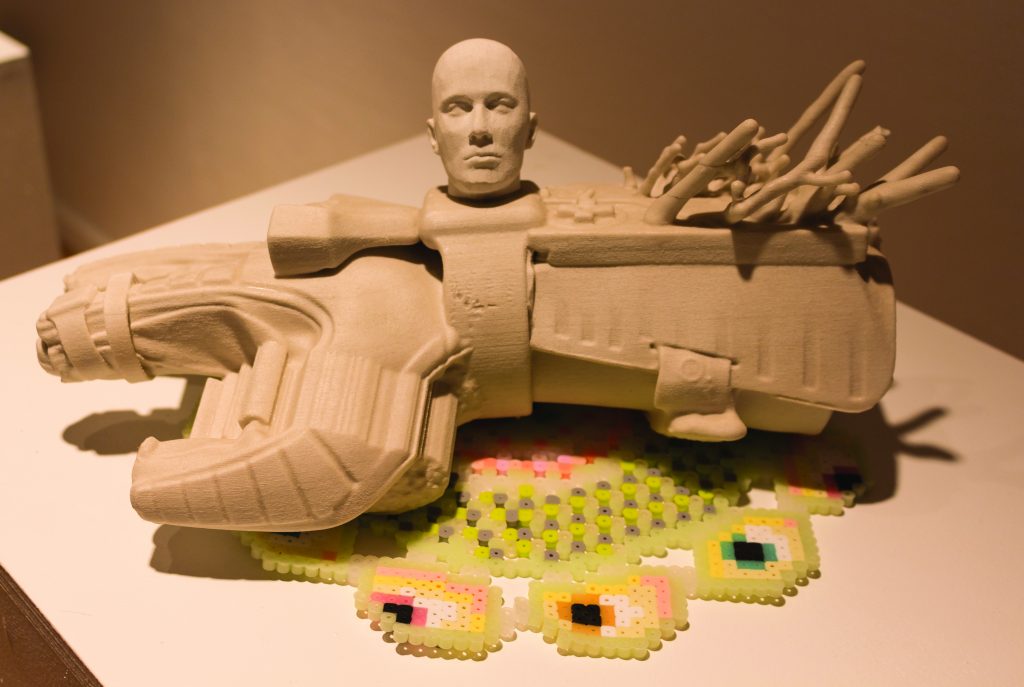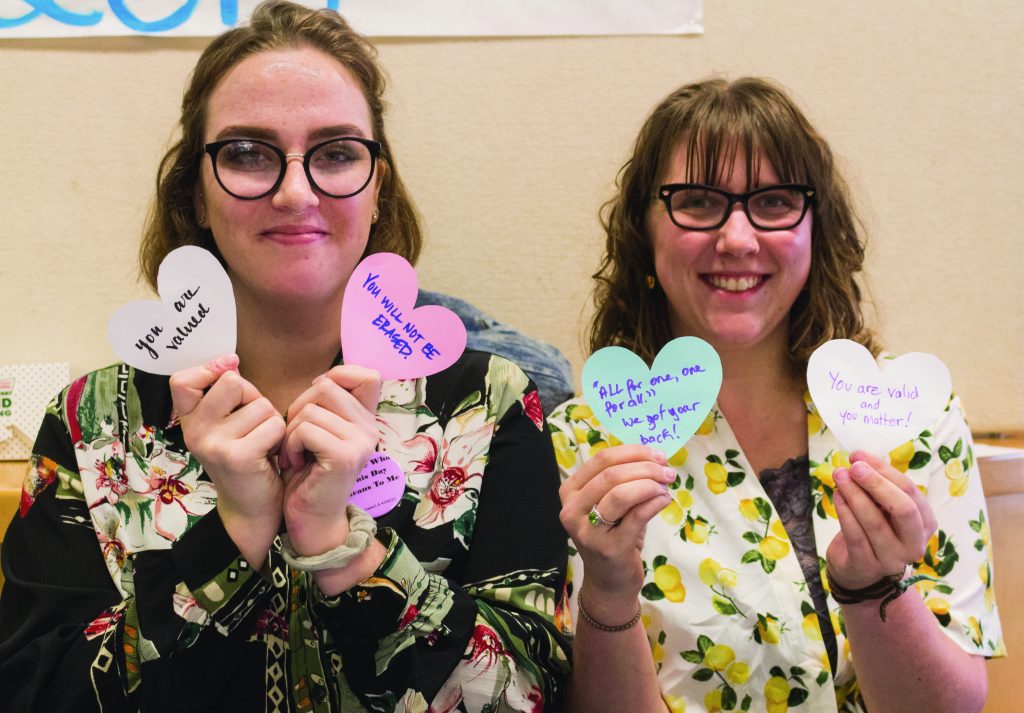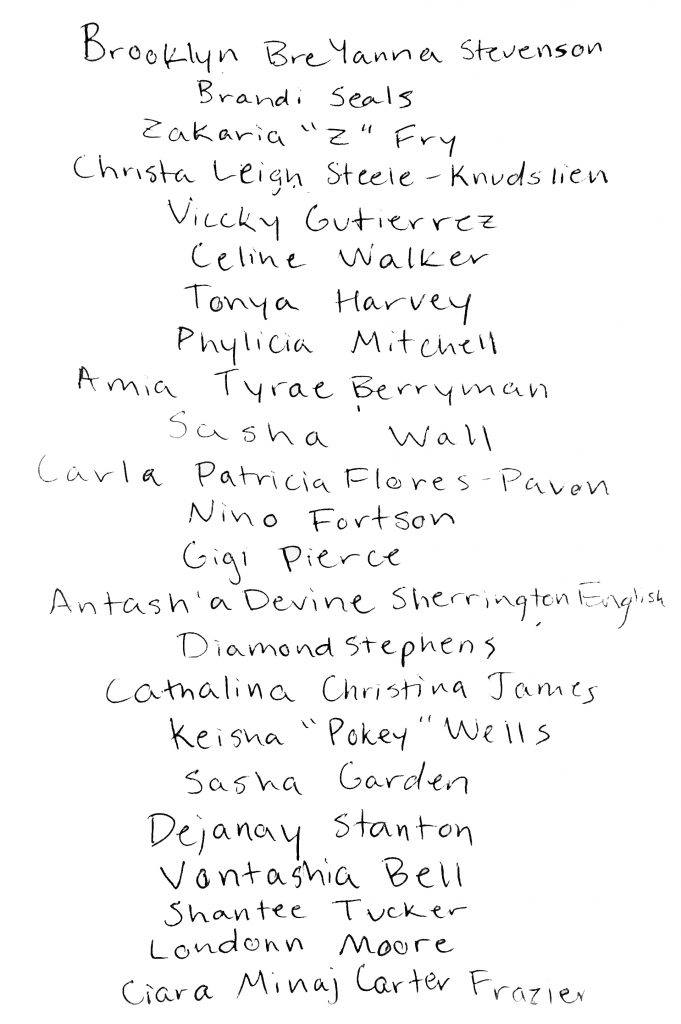Rebecca Meyers | Lifestyle editor
It’s that time of year when many students are reevaluating their study habits in anticipation of upcoming finals. By now, most students have their routines down and have fallen into whichever habits work for them. However, some might want to improve on their existing methods. Most people turn to aspects specifically involving how they study, but it turns out incorporating certain health related habits can have a positive impact.
According to Psychology Today, there are a number of different changes to routines that have been proven in controlled studies to improve test scores. These include adding a workout routine, eating breakfast, meditation and getting enough sleep on a regular basis. These habits are important to overall health, which will in turn boost mental sharpness.
There has been some debate as to whether chewing gum can actually help with studying, but a study published in Science Daily says that it’s no myth. According to the study, chewing gum can help with concentrating on a specific task that might be hard to focus on for long periods of time.
McGraw Hill Education also has some suggestions. For one, they claim that it can in fact help to use scents to remember study material by associating the information with a specific scent. For example, wearing a perfume or cologne that’s not usually worn while going over specific information and then wearing the same perfume during a test can help the mind recall what was studied.
They also say that studying in a warm environment can improve studying efficiency. This is because the cold can be a distraction, even if it’s not a conscious one. The body still has to work extra to keep its temperature regulated, which takes energy away from focusing on studying.
Diet can also play a role in academic performance. While it’s been impressed on most from a young age that a balanced diet is important for health, it turns out it can actually help us prepare for tests. NCU.edu provides an extensive list of foods that they’ve found to be especially beneficial to brain function, which includes avocado, berries, rosemary, turmeric, walnuts and dark chocolate.
Finals can be rough, but they can be less so when students have confidence that their hard work will pay off. Some may be able to make drastic changes to their regular routines, but there are also smaller, simpler changes that can be made that will help give students the results they want.
Contact the author at howllifestyle@wou.edu






